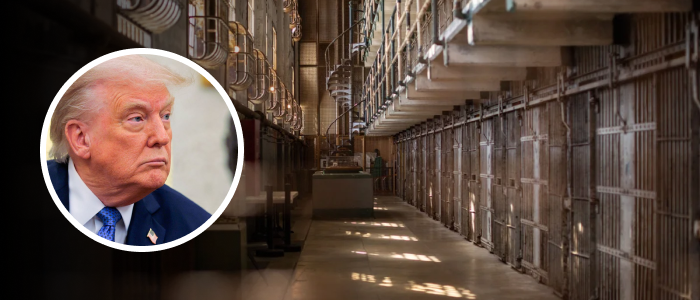The National Judicial Council (NJC) has commenced an investigation into Justice E.N. Oluedo of the Enugu State High Court following a petition accusing the judge of misconduct.
In a letter dated April 17, 2025, and signed by the Chief Justice of Nigeria and NJC Chairman, Justice Kudirat M.O. Kekere-Ekun, the Council acknowledged receipt of the petition filed by Dr.

Ifeanyichukwu Okonkwo. The NJC confirmed that it is reviewing allegations that Justice Oluedo breached the Code of Conduct for Public Officers as outlined in the Fifth Schedule to the Nigerian Constitution. Dr.
Okonkwo, who is the Liquidator of Ifemelunma and Company Nigeria Enterprises Limited, accused Justice Oluedo of improperly proceeding with Suit No. E/298C/2019, despite the existence of a pending appeal (Appeal No. CA/E/4C/2025) before the Court of Appeal involving the same parties.
He contended that continuing with the trial disregarded judicial protocols and demonstrated bias. The controversy stems from Okonkwo’s arraignment on February 26, 2025, by the Economic and Financial Crimes Commission (EFCC) on a one-count charge of fraud. Okonkwo, who pleaded not guilty, challenged the EFCC’s authority to prosecute him under Section 6(b) of the EFCC Act, 2004, questioning both the Commission’s competence and the court’s jurisdiction.
The charge alleged that he fraudulently converted N41 million, intended for the family of the late Joel Ifemelunma Okoye, which had been given to him by one Onyishi Maduka Samuel. Following his arraignment, Okonkwo filed a petition to the NJC on April 10, 2025, alleging that Justice Oluedo’s decision to continue the trial sought to render the pending appeal at the higher court ineffective—a move he described as “judicial impertinence.” He further argued that notices of the pending appeal and a motion for stay of proceedings had been duly served on both the EFCC and the court registrar.
Okonkwo maintained that the judge’s refusal to stay the proceedings undermined respect for the judicial hierarchy and due process. Justice Oluedo, however, dismissed Okonkwo’s objection, citing the Enugu State Administration of Criminal Justice Law (ACJL) 2017, which states that an interlocutory appeal does not automatically halt criminal proceedings. In response, Okonkwo argued that jurisdiction in criminal matters stems from Section 272(1) of the Constitution, not procedural state laws like the ACJL.
Okonkwo also referenced several legal authorities to bolster his claims, including Western Steel Works Ltd. v. Iron and Steel Workers Union (1986), emphasizing that fairness and full opportunity for parties to present their cases are fundamental principles of justice.
He cited State v. Ajayi (1996) to argue that interlocutory appeals could stay criminal proceedings and insisted that a court could rescind decisions made without jurisdiction, referencing Akinbobola v. Plisson Fisko (1991).
Additionally, he warned that ignoring the authority of appellate courts could undermine the rule of law, citing Olaseni v. Olaseni (2010). Quoting the Roman jurist Justinian, “Ignorantia judicis est calamitas innocentis” (the ignorance of a judge is the calamity of the innocent), Okonkwo stressed that judicial ignorance could lead to irreversible injustice, urging judges to stay abreast of the law to ensure fair adjudication.
The NJC’s review of the petition is currently ongoing..
Politics

NJC probes Enugu High Court judge over alleged misconduct

The National Judicial Council (NJC) has commenced an investigation into Justice E.N. Oluedo of the Enugu State High Court following a petition accusing the judge of misconduct. In a letter dated April 17, 2025, and signed by the Chief Justice of Nigeria and NJC Chairman, Justice Kudirat M.O. Kekere-Ekun, the Council acknowledged receipt of the [...]















